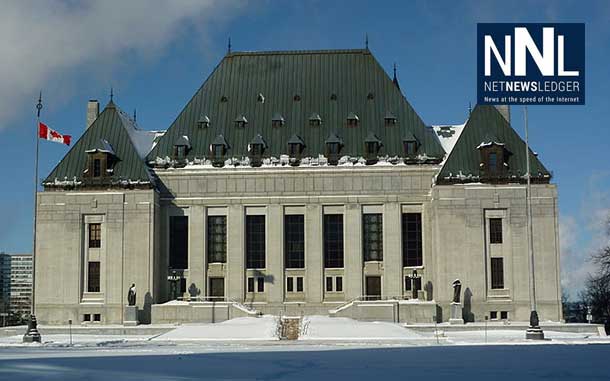The Supreme Court of Canada is set to deliberate on the interpretation and fulfilment of the Crown’s commitment to increase annuity payments to Anishinaabe beneficiaries under the historic Robinson Huron and Robinson Superior Treaties.
These treaties, established in 1850 by the Anishinaabe of the Upper Great Lakes, were founded on mutual respect, sharing, and coexistence. They included a pledge by the Crown to enhance the yearly financial benefits to the Anishinaabe if the exploitation of their lands yielded considerable profits. Despite the territories generating billions from industries like forestry and mining, the Anishinaabe still receive the same $4 per person annually that was set in 1875.
The Restoule case, a litigation brought by Anishinaabe Treaty beneficiaries, challenges the Crown’s non-compliance with these incremental annuity increases. A trial judge has already affirmed the Crown’s duty to raise these payments, considering Anishinaabe legal principles. The subsequent phases of the trial are tasked with addressing technical defences and determining the owed compensation.
After the Ontario Court of Appeal upheld the trial court’s decisions, Ontario has sought the Supreme Court’s review. This pivotal case embodies more than just financial compensation; it’s a cornerstone for real reconciliation efforts and the recognition of Indigenous laws and perspectives in treaty interpretations.
With the Supreme Court hearings scheduled for November 7 and 8, and available for public viewing, this momentous occasion holds significance for First Nations and Indigenous groups seeking to assert and protect their rights. Among those providing their insights will be First Peoples Law, representing Anishinabek Nation, Teme-Augama Anishnabai, and Temagami First Nation.
This proceeding not only symbolizes a quest for justice regarding treaty commitments but also stands as a testament to the enduring struggle for Indigenous sovereignty and the reaffirmation of their legal traditions.
You can Watch the HEARING Live.







